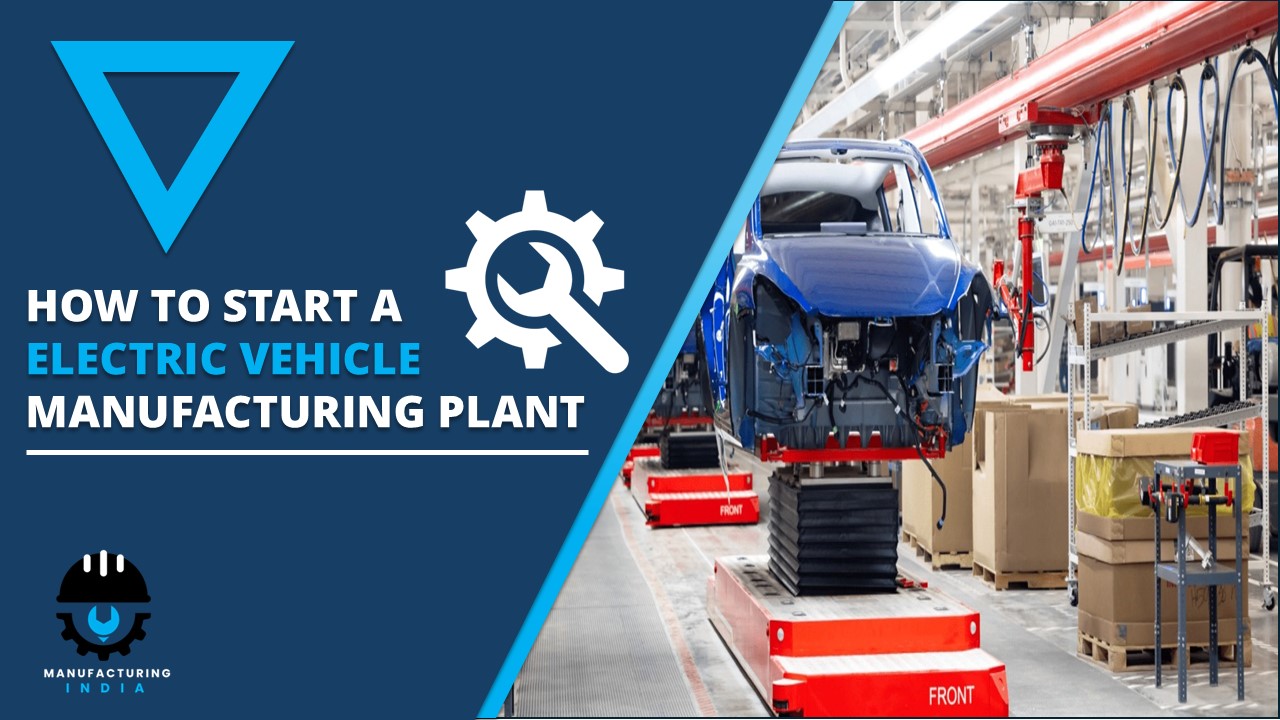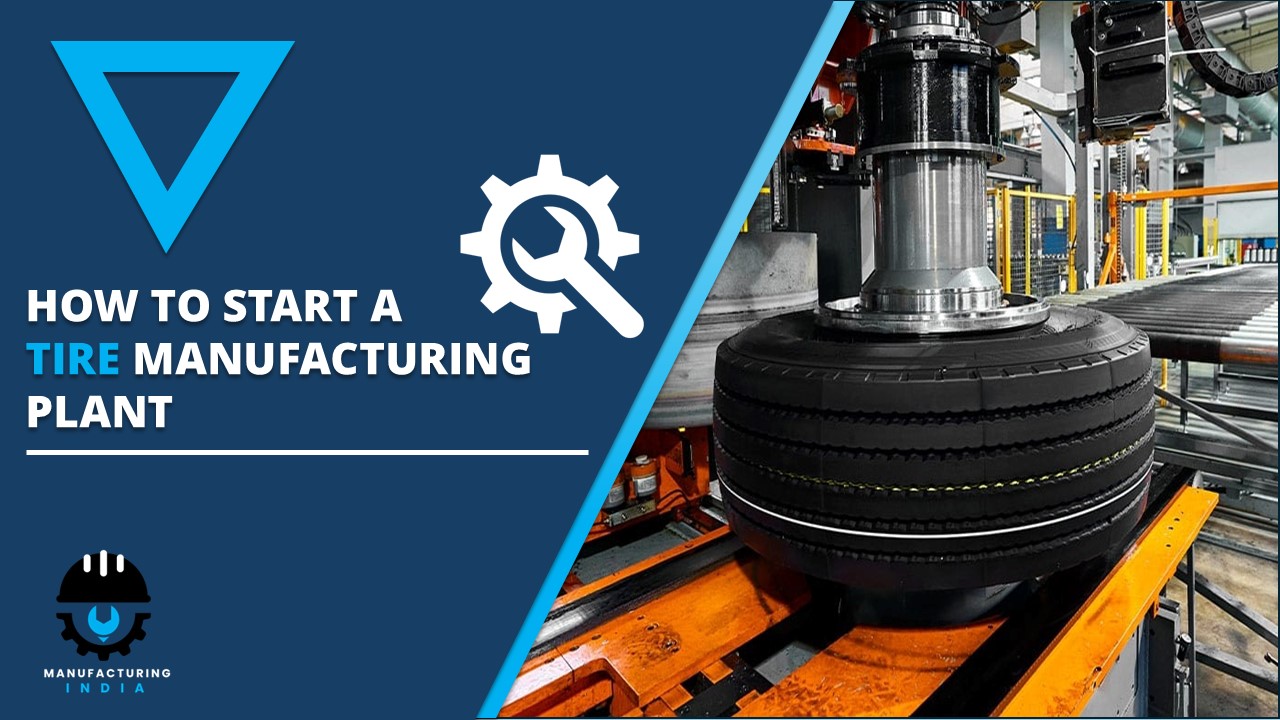The demand for renewable energy sources is growing tremendously as the world looks forward to reducing carbon emissions, combating climate change, and limiting dependence on fossil fuels. Among these green solutions, biofuel has emerged as an alternative to conventional fuels, bringing cleaner energy produced from natural and renewable resources. Whether it is biodiesel, ethanol, or biogas, the growth of the biofuel industry has been rapid in recent years due to government mandates, technological progress, and global shifts toward sustainability.
A recent development further illustrates this momentum: in November 2024, the Government of India launched the Global Biofuels Alliance (GBA), which was announced during the G20 Summit 2023 under India’s presidency. This alliance, comprising 19 countries and 12 international organizations, is meant to catalyze a more concerted global effort to adopt biofuels to meet net-zero emission targets and provide energy security impetus. Such initiatives highlight the growing significance of biofuels on the global level and create immense opportunities for entrepreneurs looking to invest in the green energy sector.
This surge in international collaboration and policy support creates a favorable environment for establishing biofuel manufacturing plants, offering both profitability and sustainability. Starting a manufacturing plant for biofuel can prove to be a profitable opportunity, but such a venture needs proper planning, market research, and consultation to meet the desired outcomes. From raw materials to regulatory requirements, every phase of the business is to be conducted with utmost precision. Businesses can streamline this process by leveraging on-demand professional resources such as the Biofuel Manufacturing Plant Project Report by the IMARC Group, which provides feasibility reports, cost estimations, and requirements for technical necessities.
This article presents the detailed, step-by-step process for developing a biofuel manufacturing facility and provides insights while understanding current trends in global dynamics. It will help green business ventures get insights into creating a successful enterprise in biofuel manufacturing.
Step-by-Step Process to Setup Biofuel Plant
Step 1: Conducting Comprehensive Market Research
It is essential for businesses to understand the market landscape before venturing into the biofuel business.
- Identify Target Markets: Determine which type of biofuel (biodiesel, ethanol, biogas, etc.) you want to produce based on market demand, regional resources, and economic viability.
- Competitor Analysis: Analyze the existing biofuel producers in your region to understand their production methods, customer base, and pricing strategies.
- Understand the Regulations: Production and distribution of biofuel are subject to governmental policies and environmental regulations. Gain an understanding of the incentives, tax benefits, and compliance requirements of your country or region.
💡IMARC’s Pro Tip: Explore incentives like California’s Low Carbon Fuel Standard (LCFS), which rewards producers for reducing greenhouse gas emissions.
Step 2: Developing a Concrete Business Plan
A well-drafted business plan is crucial for securing funding and guiding your operations. The common elements of this plan comprise:
- Executive Summary: A brief highlight of business objectives, mission, and vision.
- Market Analysis: Summary of market research findings and your target customers.
- Operational Plan: Outline your production process, location, equipment, and staffing requirements.
- Financial Plan: Include cost estimates for plant setup, raw materials, operational expenses, and projected revenue.
- Marketing Strategy: Define how your business will market and distribute biofuels.
Step 3: Selecting the Right Location
The location of a biofuel plant can significantly impact your production efficiency and logistics. The below-mentioned parameters can be taken into consideration while selecting the plant location:
- Proximity to Raw Materials: Select a location near the source of raw materials such as crops (corn, sugarcane, soybeans), animal fats, or waste products (used cooking oil, agricultural residues).
- Logistics and Distribution: Investigate if the site has appropriate transportation infrastructure for raw material delivery and fuel distribution.
- Utilities: The plant must have reliable access to electricity, water, and waste management systems.
- Compliance: The site must comply with the zoning and environmental regulations.
Step 4: Choosing the Type and Production Technology of Biofuels
Decide on the type of biofuel you want to produce and the production technology to be used.
Types of Biofuels:
- Biodiesel: Made from vegetable oils, animal fats, or recycled cooking oil
- Ethanol: Derived from the fermentation of sugarcane, corn, or other starch-rich crops
- Biogas: Produced by anaerobic digestion of organic waste
Production Technologies:
- Transesterification process (for biodiesel production)
- Fermentation followed by distillation (for ethanol production)
- Anaerobic digesters (for biogas production)
Research and Development: Invest in advanced technologies to improve efficiency and reduce costs.
Step 5: Securing Funding
Biofuel manufacturing needs a significant influx of capital. Apart from investments through personal savings and assets, you can secure funding through:
- Bank Loans: Obtain loans from banks, specifically for renewable energy projects.
- Government Grants and Subsidies: Most governments provide financial incentives to encourage the production of biofuels. For instance, U.S. biofuel producers benefit from programs like the Bioenergy Technologies Office (BETO). In India, the government provides subsidies for ethanol plants under its Pradhan Mantri JI-VAN Yojana.
- Investors: Present your business plan to private investors or venture capitalists who are interested in sustainable energy solutions.
Step 6: Procuring Equipment and Machinery
Invest in high-quality equipment for efficient biofuel production. Some of the common equipment includes:
- Reactors and distillation units (for chemical processing)
- Feedstock handling equipment (for storage and transportation of raw materials)
- Storage tanks (to store raw materials and finished products)
- Quality testing instruments (to maintain biofuel standards)
Step 7: Sourcing Raw Materials
Secure a consistent supply of raw materials to maintain steady production and partner with local farmers for feedstock supply.
- Agricultural Feedstocks: Corn, sugarcane, soybean oil, palm oil, etc.
- Waste Materials: Used cooking oil, animal fats, or agricultural residues.
💡Did you know? Europe’s Renewable Energy Directive incentivizes biodiesel made from used cooking oil and tallow.
Step 8: Hire Skilled Workforce
Recruit and train a team of skilled professionals to run your biofuel plant efficiently. Key roles include:
- Chemical engineers (to supervise the production process)
- Technicians (to operate and maintain the equipment)
- Quality control specialists (to ensure the product meets regulatory standards)
- Administrative staff (to manage operations, logistics, and finances)
Step 9: Ensuring Regulatory Compliance
Adhering to regulations is critical in the biofuel industry.
- Licensing: Obtain the necessary licenses and permits for biofuel production and distribution. In the U.S., biodiesel plants are required to register with the Environmental Protection Agency (EPA).
- Environmental Compliance & Certification: Implement waste management and emission control measures to minimize environmental impact. You can also obtain certifications like the RSPO (Roundtable on Sustainable Palm Oil) or ISCC (International Sustainability and Carbon Certification).
Step 10: Marketing and Distribution
Develop a strong marketing and distribution strategy to reach your target customers.
- Partnerships: Collaborate with fuel stations, logistics companies, and industries using biofuels. For instance, Chevron and ExxonMobil now blend biofuels into their fuel offerings.
- Branding: Highlight the sustainability and environmental benefits of your biofuel.
- Online Presence: Use digital marketing to promote your business and attract customers.
- Export Opportunities: Explore international markets with growing demand for biofuels.
Step 11: Monitoring and Optimizing Operations
Continuously monitor your plant’s performance and make improvements where needed.
- Optimize processes to reduce costs and increase output.
- Regularly test biofuel quality to maintain standards.
- Explore ways to use renewable energy and minimize waste.
Cost & Time Estimates:
Setting up a biofuel manufacturing plant involves significant investment and time. The cost for small to medium-scale plants ranges from over US$2 Million to US$15 Million, depending on the biofuel type (biodiesel, ethanol, or biogas), production capacity, and technology adopted. Larger, advanced plants can cost substantially more. The timeline for establishing a plant, including planning, construction, and commissioning, generally spans 12 to 24 months, subject to regulatory approvals, site preparation, and equipment procurement.
Conclusion:
Starting a biofuel manufacturing plant is a highly rewarding venture with immense growth potential, fueled by the rising global demand for renewable energy. By following this step-by-step process, you can build a thriving biofuel business while making a meaningful contribution to a sustainable future. With careful planning, advanced technology, and strict compliance, your biofuel plant can create a positive impact on both the environment and your profitability.
IMARC Group provides factory setup services with thorough planning, extensive knowledge, and strategic implementation. With deep expertise in market research and consulting, we provide valuable insights into market dynamics, regulatory requirements, and investment opportunities across various sectors, including biofuels.
Our tailored advisory services include feasibility studies, site selection, competitive analysis, and strategic planning, ensuring the right information at every point in the setup process. We provide businesses with opportunities to navigate complex situations, avoid risks, and maximize operational efficiencies by tapping our vast network and industry knowledge.
Whether navigating local regulations, identifying cost-effective resources, or accessing skilled labor, IMARC Group’s holistic approach facilitates a smooth and successful establishment of manufacturing ventures.



